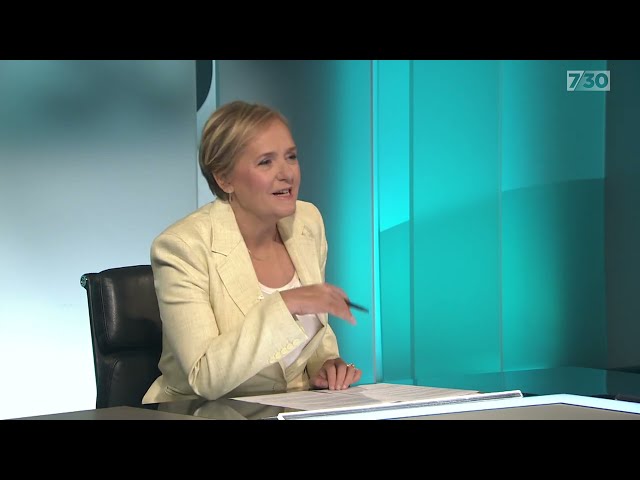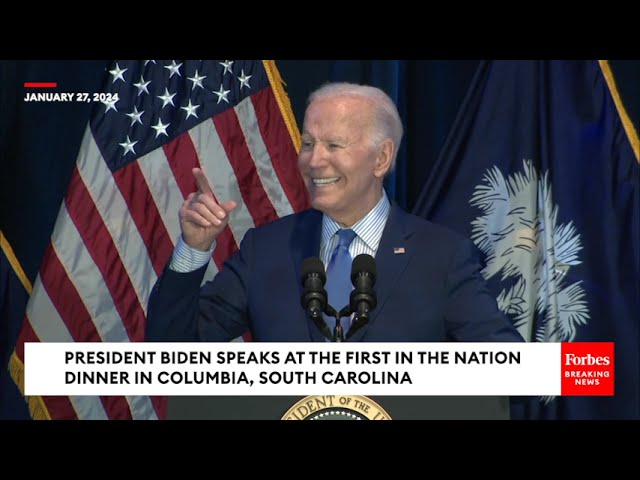The recent statement from former President Donald Trump identifying Facebook as an enemy of the people brings to light a sentiment held by many conservative Republicans regarding big tech companies and their influence on public discourse and politics. Trumps reference to Facebooks entanglement in funding election-related operations echoes longstanding concerns about the neutrality and fairness of these platforms.
Trumps spotlight on the $500 million Zuckerbucks controversy, money donated by Facebooks CEO to help fund election administration, is a case in point illustrating a perceived bias and a potential avenue for undue influence in the electoral process. This, according to many on the right, casts doubt on the impartiality of the election infrastructure, suggesting a complicity between big tech and certain political actors to shape outcomes in their favor. The comparison Trump makes between the treatment of small-time donors and the ostensibly free pass given to substantial financial contributions from figures like Zuckerberg brings into question the consistency and fairness of our legal and political systems.
Equally contentious is the former Presidents stance on TikTok, which he initially wanted to ban due to national security concerns stemming from the apps connections to China. The fear that the Chinese Communist Party could access Americans personal and proprietary information through TikTok is a valid cybersecurity concern shared by many policymakers. This worry isnt unfounded given the extensive data collection capabilities of social media platforms and the tense geopolitical relationship between the U.S. and China.
However, Trumps subsequent decision to leave the fate of TikTok in the hands of the Congress demonstrates a willingness to forgo immediate executive action in favor of a more collaborative approach with other government branches, notwithstanding his personal views on the matter. His acknowledgment that TikTok is host to a vast number of younger Americans who would react negatively to a ban reflects an awareness of the complex socio-political dynamics at play.
Trump remarks on the difficulty of the decision to potentially ban TikTok, showing an understanding of the social and commercial impact such a move would entail. At the same time, he doesnt shy away from condemning big tech where he sees wrongdoing or bias, reiterating his adversarial relationship with Facebook.
Overall, Trumps continued commentary on matters of big tech, censorship, and political bias underscores the broader conservative critique of Silicon Valley giants. These companies wield immense power over information dissemination, privacy, and the political landscape, raising questions about their role and responsibilities in a democratic society. Trumps perspective galvanizes his supporters and exposes the contentious debate over the intersection of technology, politics, and society.

